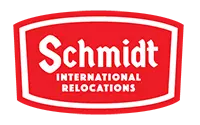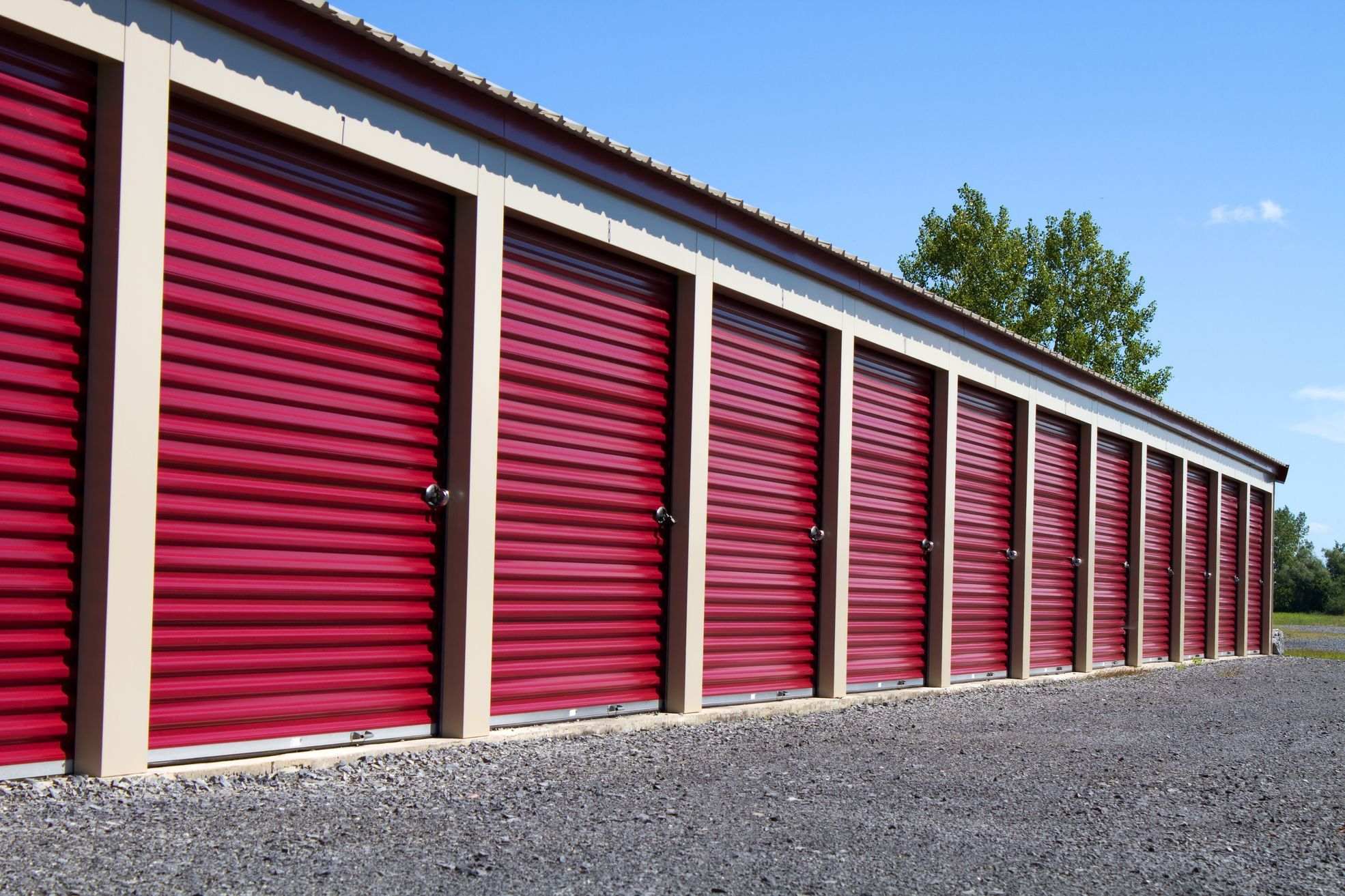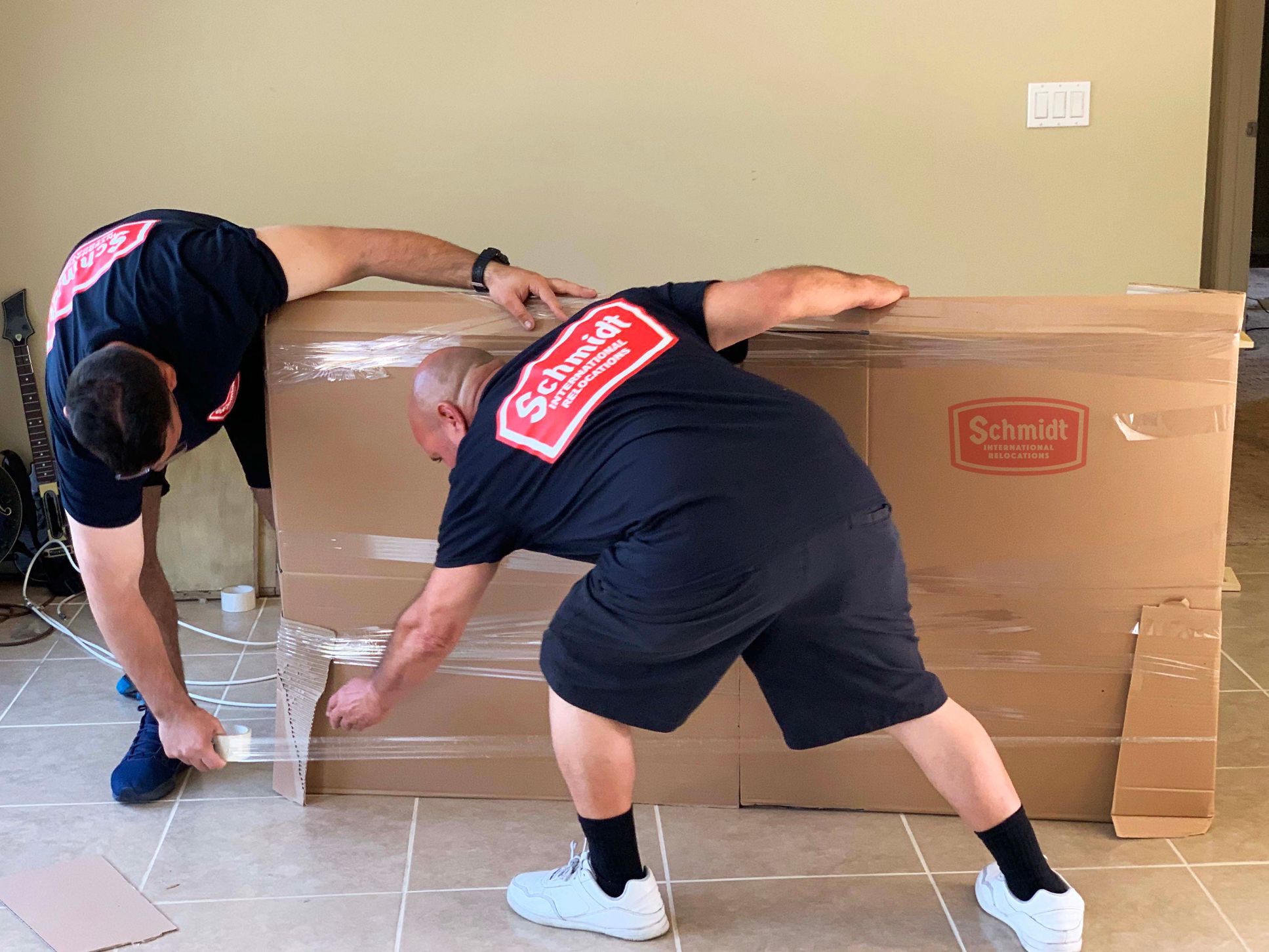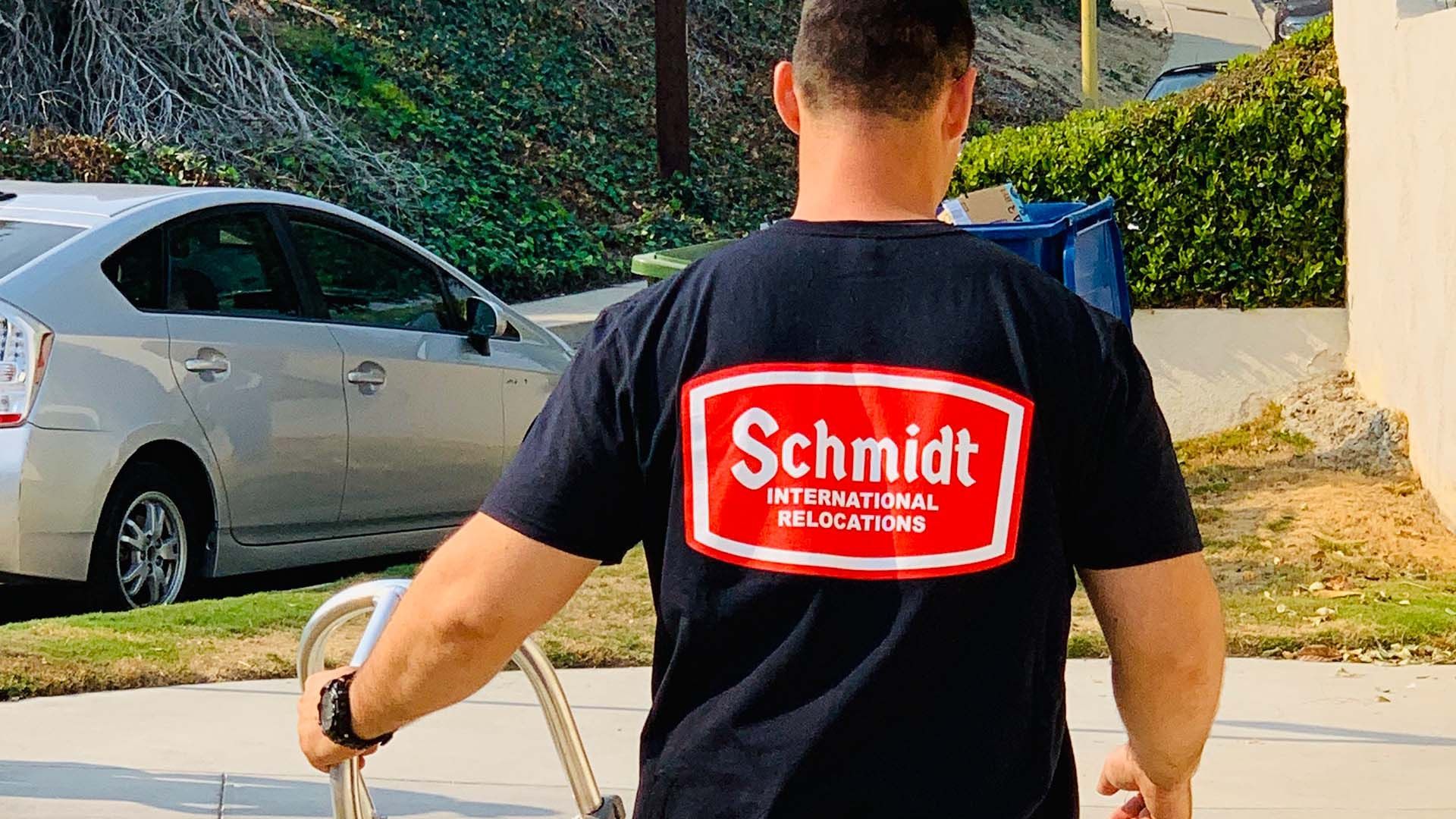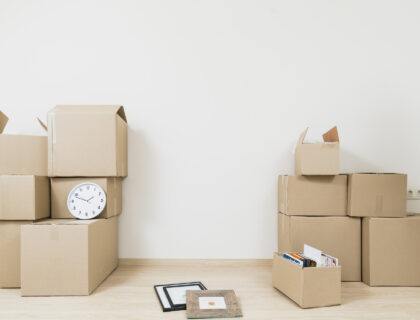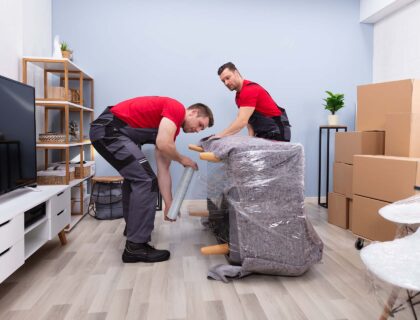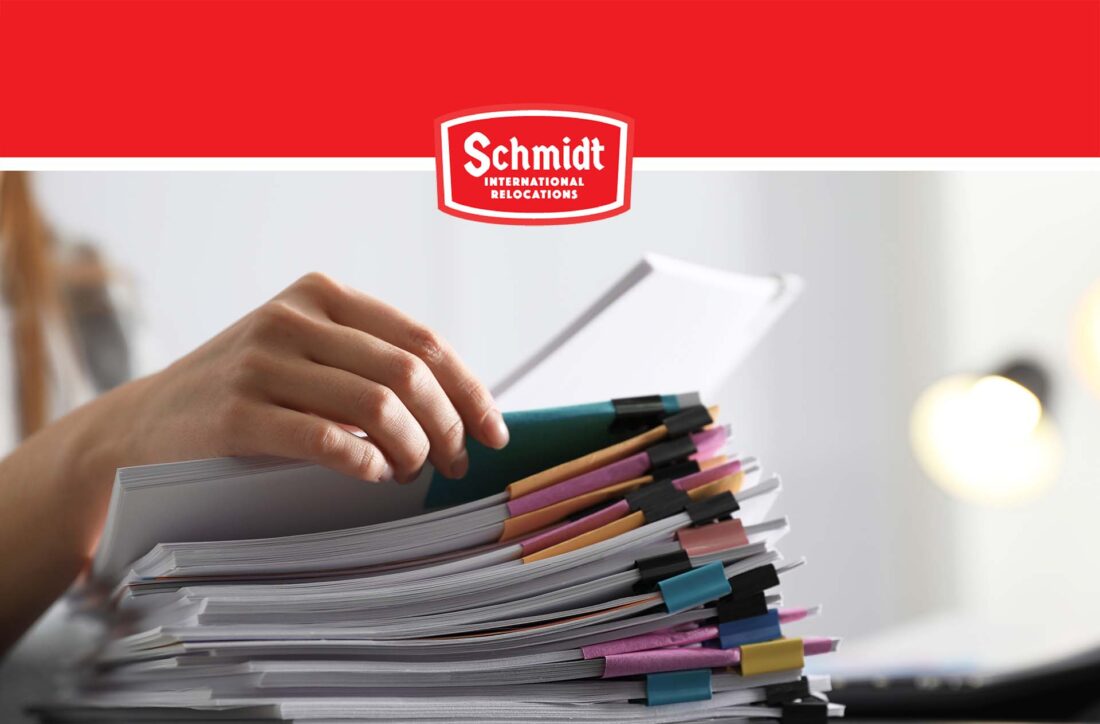

When moving internationally, it will be challenging to manage everything without organizing essential papers and files. It will only slow down the whole process if you keep forgetting where your receipts and vital records are stored. But, with our useful tips on how to organize your documents at home, you won’t have to worry or deal with any anxiety about relocating. Let’s delve into how an expert organizer like Sheldon Cooper would handle the task of sorting out records.
So, how do you store important records? If you have numerous receipts, bills, mail, and files scattered around the house, you should first try to collect them and find a safe place where you can place them. After having everything in one place, decide on whether you want to keep records in an accordion organizer, files, or on labeled built-in shelves. In the end, separate the rest of the unnecessary paperwork that you can recycle, shred or throw into the trash.
Why Should You Know How to Organize Important Documents at Home?
If you have piles of paper in your house creating clutter in every room and essential records hidden behind closet doors or under clothing items in your dressers, your home is in the state of ‘a swirling vortex of entropy,’ according to Sheldon Cooper. You have a huge task in front of you since it’s crucial to learn how to store important documents at home. Organizing important documents is not only vital when moving abroad but also in case of emergencies.
In certain situations, you might need to get a hold of a specific document, and searching around the house for hours opening every cabinet will only make you stressed and concerned. Also, when you have to isolate your vital records quickly, it is best to know you only have one place where everything is stored. Remember that your documentation either cannot be replaced or is difficult to be replaced. Therefore, if you want to stay on top of your paperwork and move efficiently, learn how to get organized like Sheldon, whose label maker even has a label on it.
Start by Purchasing the Right Supplies
This painstaking task can only be accomplished correctly with patience and appropriate supplies from your local retail store. So, before beginning to go through your belongings, jot down in your relocation to-do list you should purchase everything you will need. However, for some who don’t want to drain their budget on supplies from the store, there is an option of getting anything you require from the Craigslist website. Here is what you should buy:
- Recycling bin,
- Cardboard boxes,
- Shredder,
- Label marker,
- Sticky notes,
- Accordion organizer,
- File folders.
Collect All of the Documentation In Your House
It might be time-consuming to gather all of your personal records in one spot while preparing for a move across the world, but this is the first step to properly organizing everything. Let’s face it, you have accumulated piles of paper over a long period of time, and it is not possible to gather everything in one day. Following Sheldon Coopers ‘organizational system’ it would be best to prepare containers or boxes where you will place all the papers you find in your house.
So, where should you start looking? Apart from obvious places like desk drawers, filing cabinets, and on top of desks, don’t forget to check your basement, attic, and under the bed. Also, don’t forget to check your car because receipts, bills, and vehicle documentation might be stored there.
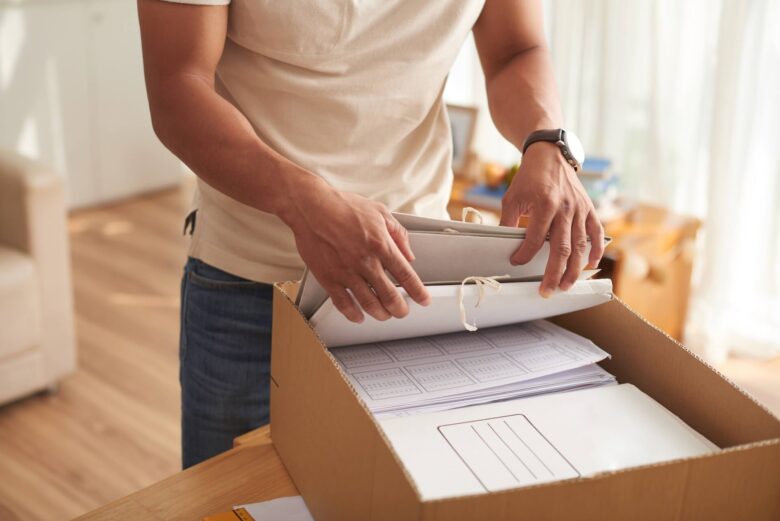
As You Gather Your Papers, Organize Them Into Appropriate Categories
During the process of collecting all of your documentation, you will have to place them somewhere, gathering everything in one place. We recommend that you choose between two methods when sorting out. Either use two boxes – in one place, papers that should be thrown away and that are not useful anymore, and in the other you can gather all the documentation that is still necessary. This method will require you to go through the paperwork once again when you finish deciding what to keep and what to discard.
But, if you want to take a step further and upgrade on this cleanup strategy, use separate files for different types of documentation. You could create individual categories such as financial records, property records, tax documents, medical records, legal identification records, as well as moving documents and forms.
What to Place in Your Financial Records Category?
All of the information about finances and anything related to money should go into this category. You might be tempted to throw away some of your investment statements and bank statements since you’ll be living overseas soon, but don’t rush. Always check them to see if anything is suspicious since you could get alerted to possible financial fraud or identity theft from reading these statements. The same applies to pay stubs which can be used to show proof of income when applying for a loan or making a big purchase. Here is what you should collect:
- Pay stubs,
- Bank statements,
- Investment statements,
- Canceled checks,
- Disability or unemployment records,
- List of contents from your safety deposit box.
What Belongs to the Legal Identification and Tax Paperwork?
One should be extremely careful when sorting out legal documentation because they are permanent, and it is difficult to replace them. Also, if you want to avoid relocation stress, keep all of your tax statements for at least seven years even though you plan to move. You should always have proof that you have been financially responsible in the past. Here is what to place in this category:
- Birth certificates,
- Social Security cards,
- Marriage or divorce papers,
- Passports,
- Adoption paperwork,
- Tax returns,
- Any tax receipts and records.
What Moving Documents Should You Sort Out and Keep?
When investing in an international moving company, you will receive important documents that should be kept in a relocation binder or somewhere safe. Moving overseas requires thorough preparation, and knowing exactly where your receipts are will make your move effortless. Here is what you should sort out and keep safe:
Written Moving Estimate
They usually include storage charges, packing services, transportation charges, and insurance.
Bill of Lading
This is the most important document you will receive from the company, and it represents a legally binding contract between the moving company and you.
Order of Service
It is usually attached to the bill of lading. It includes pick-up and delivery dates, moving estimate details, and any special services you have also requested, such as having your car shipped overseas.
Inventory Documentation
Your movers will review your inventory and issue an inventory form that describes all of your relocation essentials loaded into the relocation truck. You can always go through and check if they have everything you wanted to transport listed on the form.
When investing in international moving services, it will be of utmost importance to have all of your moving documentation with you when you arrive in another country. You don’t want to be left in the lurch if you fall victim to a relocation scam and lose all of your possessions. With a bill of lading, order of service, and a written estimate, you can take action against rogue movers.

What Is the Best Way to Organize Important Documents?
Whether you are moving to Russia or planning on traveling to Canada, you should have your entire documentation stored in an accessible location. We would recommend choosing a method of organizing papers that seems most suitable for you personally since there isn’t just one way that is considered to be simply the best. There are several ways you can do this, so when it comes time to pack up and move to a big city, you can just pick up your records and leave. Here are some methods you can use.
Purchase an Accordion Organizer and Place It In Your Home
Separating all of the documentation into an accordion organizer allows you to have everything easily accessible and neatly organized. There are many pockets that can be filled with different records and an elastic band closure that keeps the contents safe and sound at all times. However, these pockets cannot be filled with piles of paper, so you will need to make a thorough selection of what goes into each pocket. This will allow you to narrow down your categories and specify what records go together. Each pocket has a tab where you can put a colorful label on and write a name for each category like marriage, passport, ID, mail, and birth certificates.
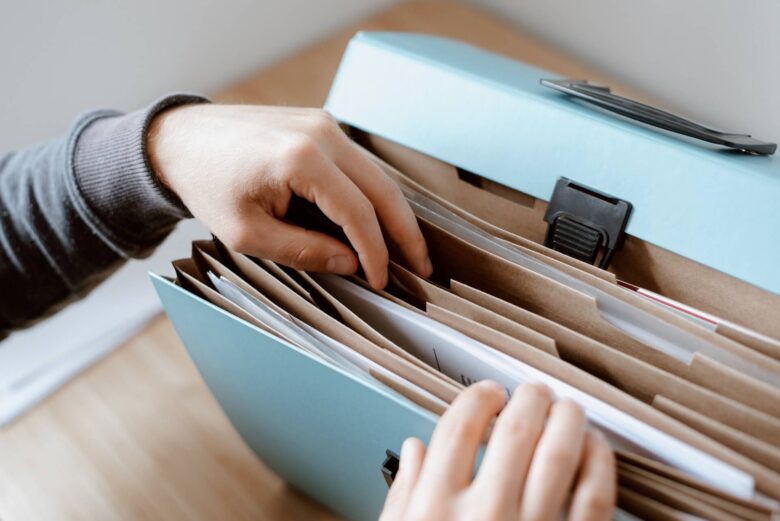
File It Away
Perhaps you have more stacks of paper, and an accordion organizer doesn’t have enough space for everything. Therefore the best thing to do would be to purchase numerous file folders and place them in one drawer you can open and slowly go through everything. When you gather all of the documentation, you have to come up with a good filing system.
Some may wonder – what are basic filing systems? There are several such as alphabetical, numerical, and topical filing systems. For your documentation, the best filing system would be topical, specifying what type of documentation you have in each folder, such as documents needed to travel abroad, financial, health, and tax records. What is more, you can upgrade this filing system by color-coding. In this way, you could have a better grasp of everything.
Here is a great video on how to organize important papers into files and place them in a cabinet drawer.

Separate Documentation Into Built-In Shelves
If you are wondering, “how do I keep important documents at home,” we might have an answer. For those who want to have an easy-access spot for all of their documentation, we recommend installing built-in shelves. When you finally decide to live on your own in another country, you can invest in a perfect spot for your records in the new house. You can utilize pockets on the interior of a shallow cabinet and separate everything on shelves. Each shelf can be for a specific category. You can create a door for the shelves so that the storage area can be concealed from prying eyes.
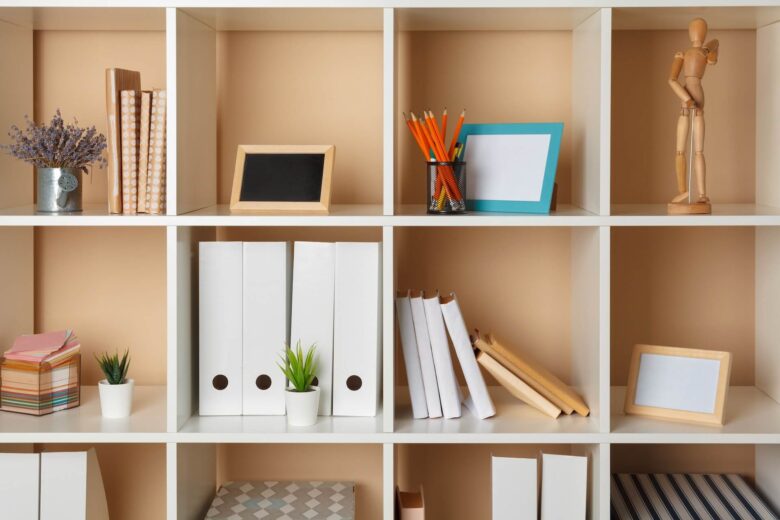
Recycle or Shred Unnecessary Paper
Once you sort out your records and place everything neatly in an accordion organizer, folders, or shelves, you should know how to keep important documents organized at all times. First, reduce the amount of paper by recycling irrelevant mail, magazine clippings, pamphlets, and brochures, or simply shred them.
A great way to ensure that new clutter doesn’t appear is to keep a box or basket near your desk where you can place everything that can go into the shredding bin. You might wonder – what is the best way to organize paperwork at home? Well, the secret to keeping a workspace and house clean and free from clutter is to separate everything as soon as it arrives.
Take Into Account That You Can Make Digital Forms
Sometimes there are certain books, magazines, documentation, and tax records with the information you want to remember that are creating a mess, and you don’t know how to sort them or where to keep them. Don’t make a relocation mistake by packing books, magazines, and documentation that you might not require. There is no place for them in your current house which means that there won’t be a place for them in the new house.
But, if you feel there is a chance they might come in handy one day, we have a relocation tip for you. Scan all the books as well as documentation and make them into digital files. In this way, you can store them on your computer and access them whenever you want to.
You Are Ready to Start Sorting Everything Out
Sheldon Cooper would be proud if you sorted everything out in this way. He might even show you his way of sorting the breakfast cereal numerically by fiber content. Therefore, when you have all your personal records in one spot, you and your family will be able to relocate without any hiccups. Use our relocation hacks to sort documentation out before contacting your international movers. In case of any issues or emergencies, you won’t lose any of your records since you organized them properly. Start collecting all the clutter immediately so that you prepare for the move on time.
